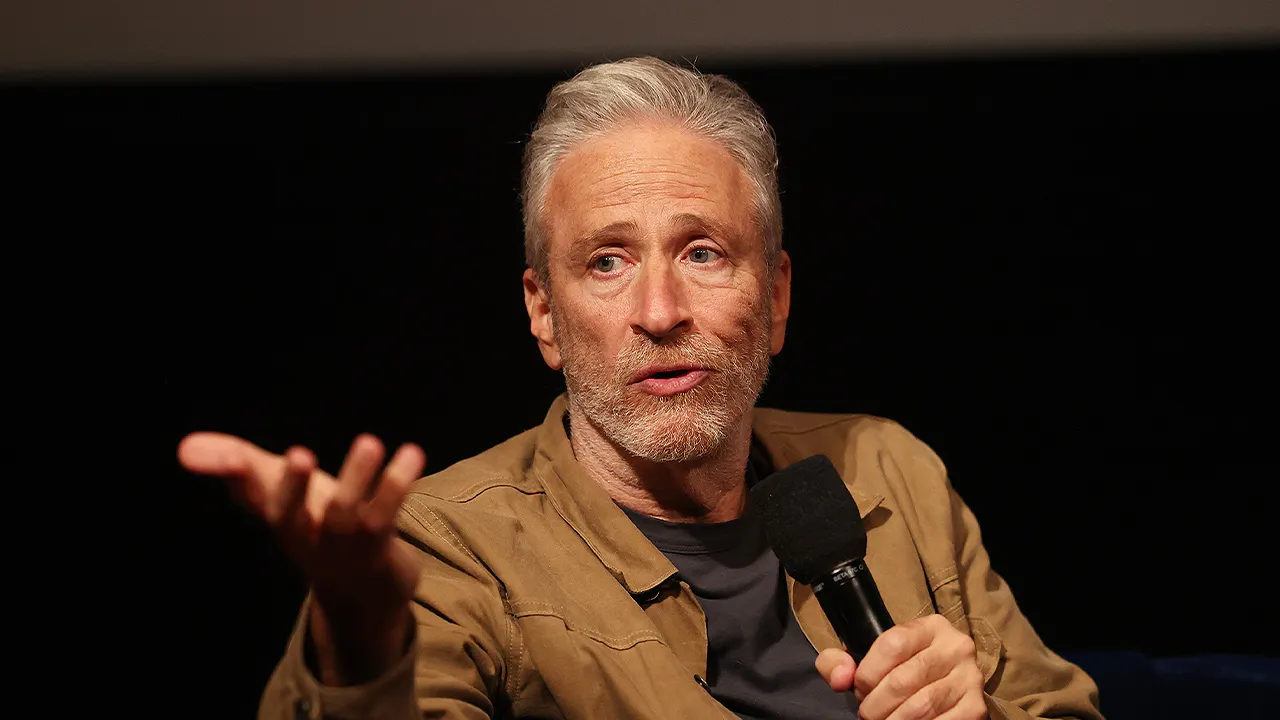Copyright Forbes

Confidence has long been treated as a leadership superpower. We admire people who sound certain, move fast, and seem immune to hesitation. But that same confidence, if it goes unchecked, can turn into something else entirely. It can blind leaders to reality, silence feedback, and build the kind of hubris that often ends in collapse. That is why a little self-doubt can be healthy. Not the paralyzing kind that keeps you second-guessing every move, but the grounded kind that makes you pause and think, What if I’m missing something here? Moderate self-doubt does not weaken a leader; it keeps them alert. It reminds them that decisions carry consequences and that no one, no matter how senior, is right all the time. Research on the Dunning–Kruger effect even shows that people who know more often rate themselves lower because they understand how much they still do not know. Ironically, that awareness is what protects them from reckless overconfidence. The best leaders I have met share one habit: they leave room for uncertainty. They ask questions before declaring answers. Confidence gets them moving, but self-doubt keeps them from running straight off a cliff. When Doubt Works in Your Favor The key is not to eliminate doubt but to use it. Productive doubt fuels learning instead of anxiety. It tells you where to look closer. It says, Maybe there’s more to this. MORE FOR YOU Carol Dweck’s research on growth mindset offers a good frame. People who see ability as something that can grow tend to treat doubt as useful information rather than a threat. When they fail, they analyze what went wrong instead of protecting their ego. That habit builds adaptability—the single most valuable leadership skill in uncertain times. Think about how this plays out under pressure. Overconfident leaders double down on their first plan, even when data starts saying otherwise. The ones who allow doubt to whisper in their ear step back and reassess. They ask their teams, “What are we missing?” or “Does anyone see this differently?” That simple pause can prevent huge mistakes. Self-doubt also opens the door to empathy. A leader who knows they do not have all the answers tends to listen longer and judge slower. That kind of humility makes it easier for others to speak honestly. When people feel heard, they contribute better ideas. Too much doubt, of course, can freeze progress. But the right amount creates what you might call steady humility: the confidence to act and the curiosity to keep checking your work. Avoiding the Confidence Trap Confidence feels good. It gives clarity and speed. But when it turns absolute, it becomes dangerous. A leader too sure of their instincts starts to ignore warnings. History is full of examples—financial crashes, failed products, ethical scandals—that share one trait: someone at the top stopped listening. A touch of self-doubt protects against that blindness. Leaders who admit they could be wrong invite truth instead of flattery. Their teams stop filtering information to please them and start sharing what actually matters. Organizations can build this discipline too. Reward leaders who change their minds when new evidence appears. Make after-action reviews part of the culture. Treat reflection as a strength, not a stall. Over time, those habits turn humility into institutional muscle. Success, ironically, is what erodes that muscle fastest. The more people praise you, the harder it becomes to question yourself. That is why every leader should keep a few trusted voices who are willing to disagree. It keeps perspective anchored in reality. Turning Doubt into Strength Balanced self-doubt is not insecurity. It is a sign of awareness. It shows you care enough to check your blind spots. It also signals integrity—being honest about what you don’t know before others have to point it out. The best leaders learn to translate private uncertainty into public steadiness. They use doubt to sharpen judgment, not hide behind it. They say things like, “I have a view, but I want to test it,” or “Let’s experiment and see what happens.” Those phrases do not weaken authority; they build credibility. Teams notice. People trust leaders who sound real, not rehearsed. They can sense when confidence comes with reflection instead of arrogance. Confidence inspires motion. Self-doubt refines direction. The strongest leaders know you need both. The goal is not to silence the voice that questions you. It is to make sure that voice has a seat at the table, reminding you that leadership is not about being certain. It is about being willing to stay curious.



